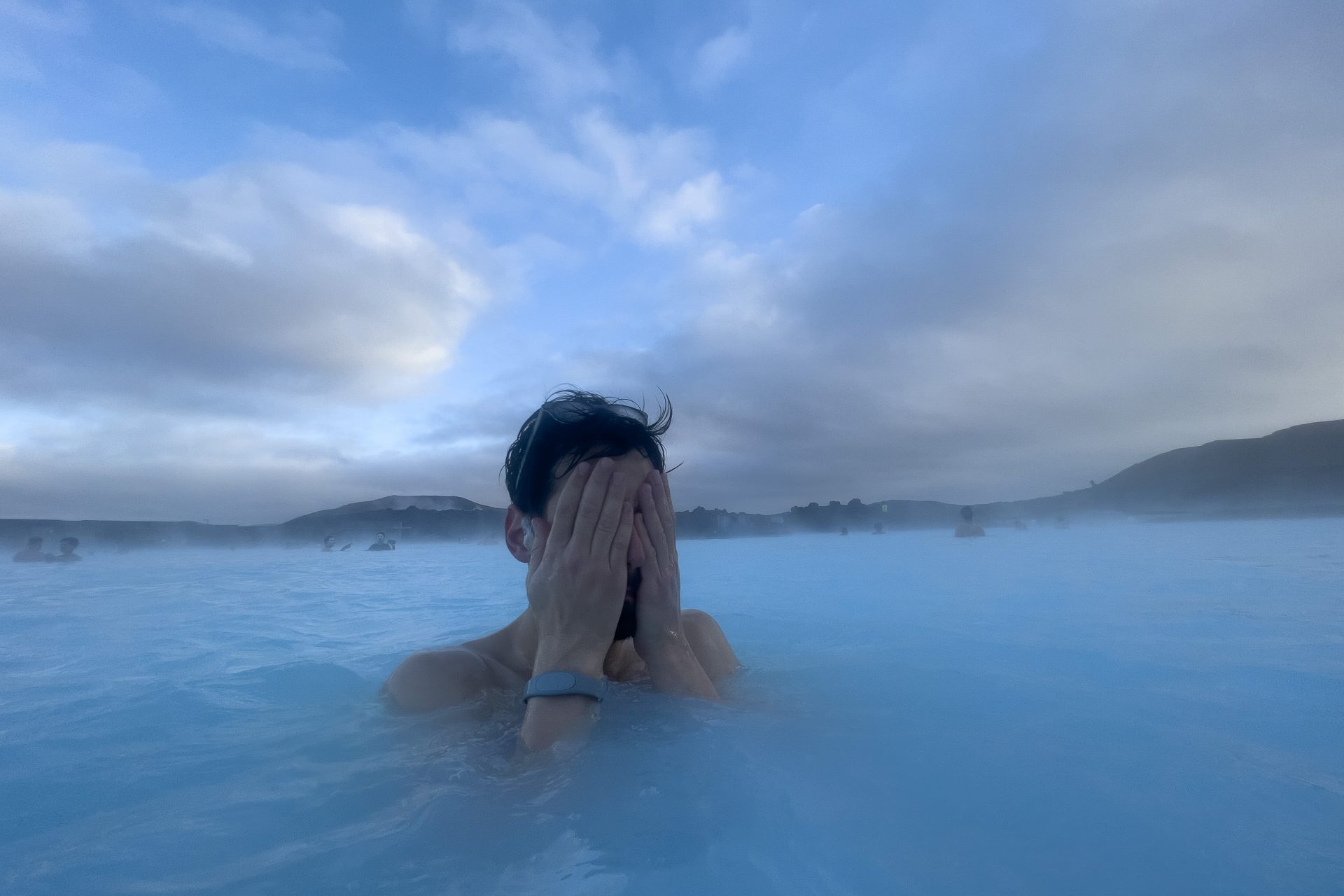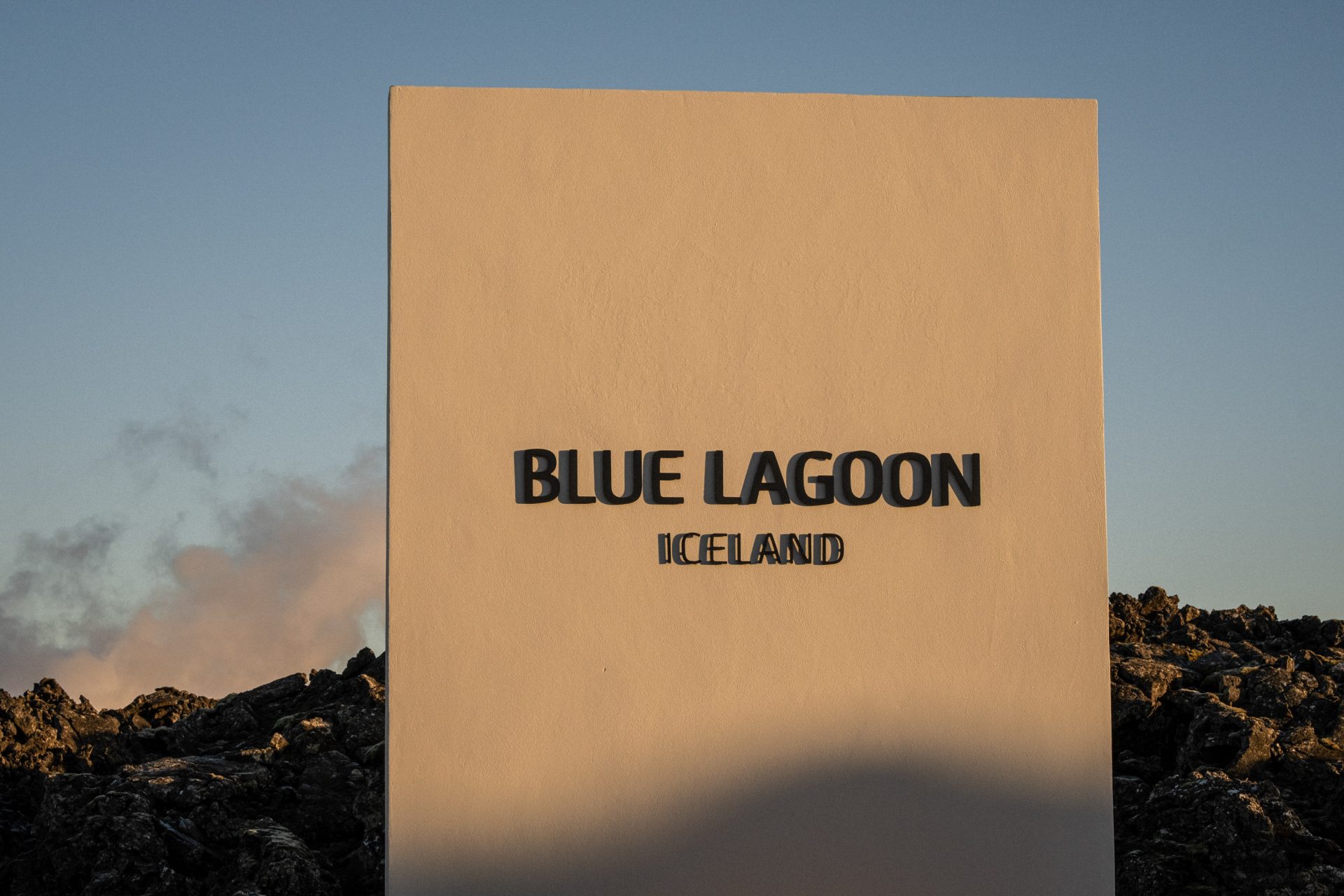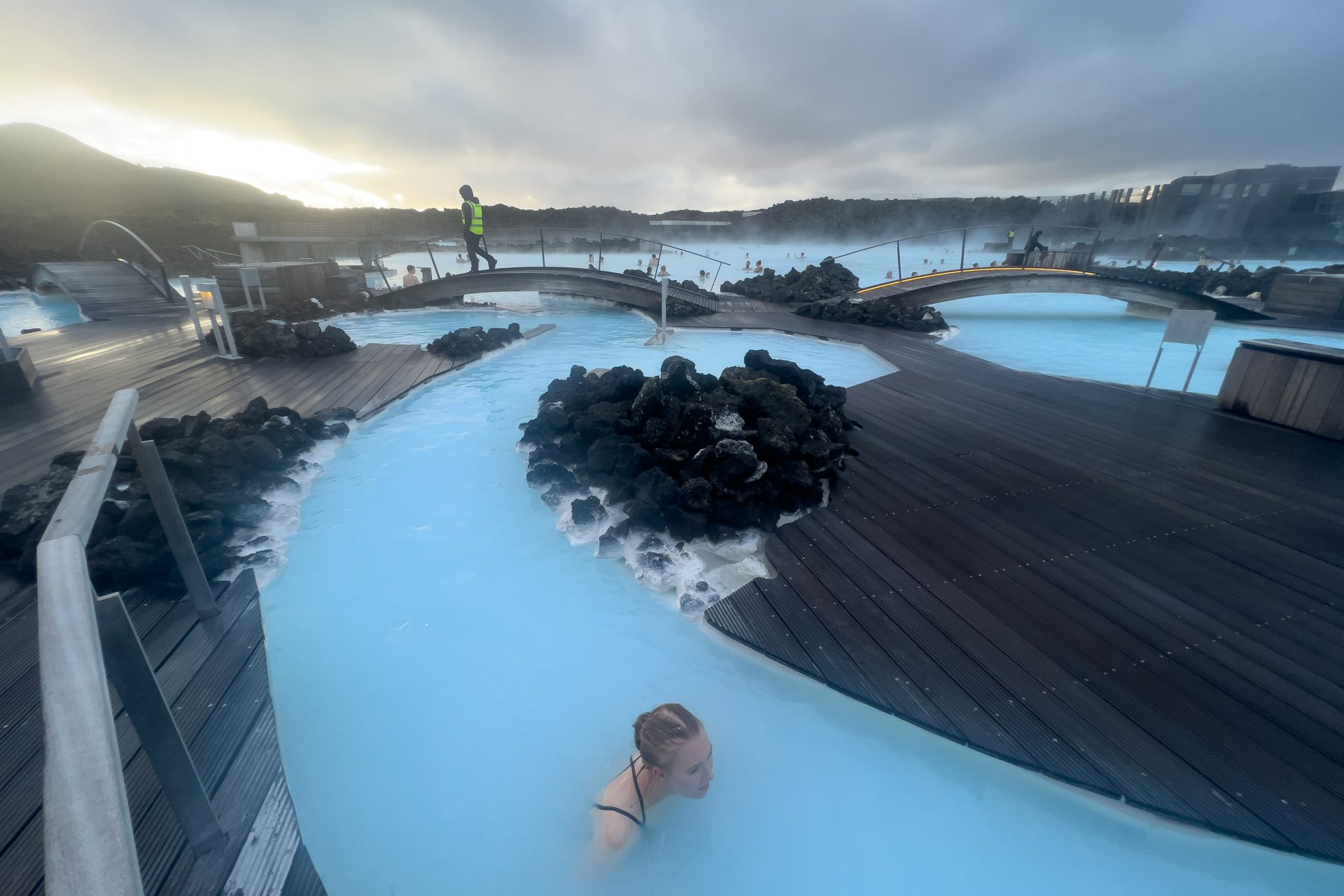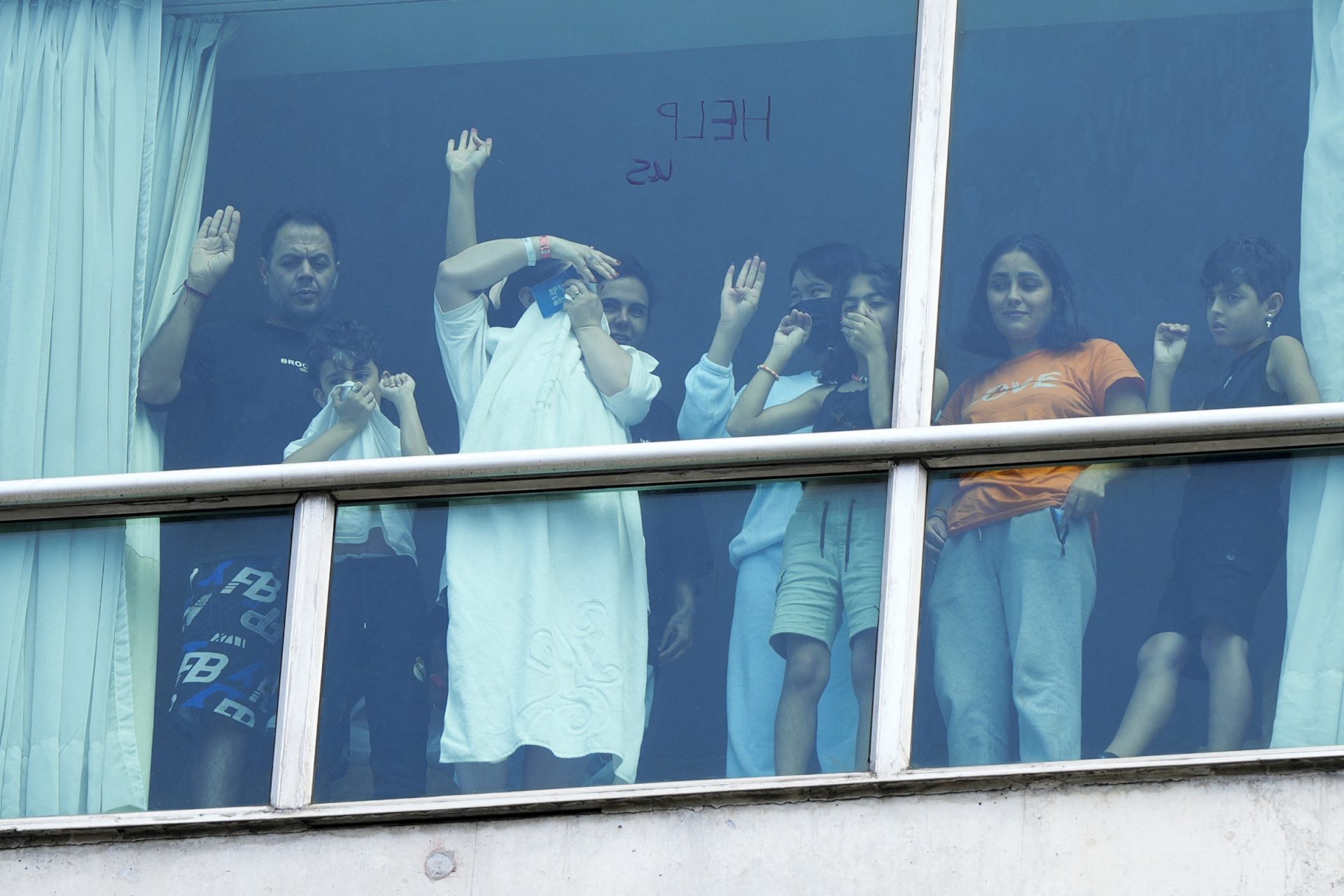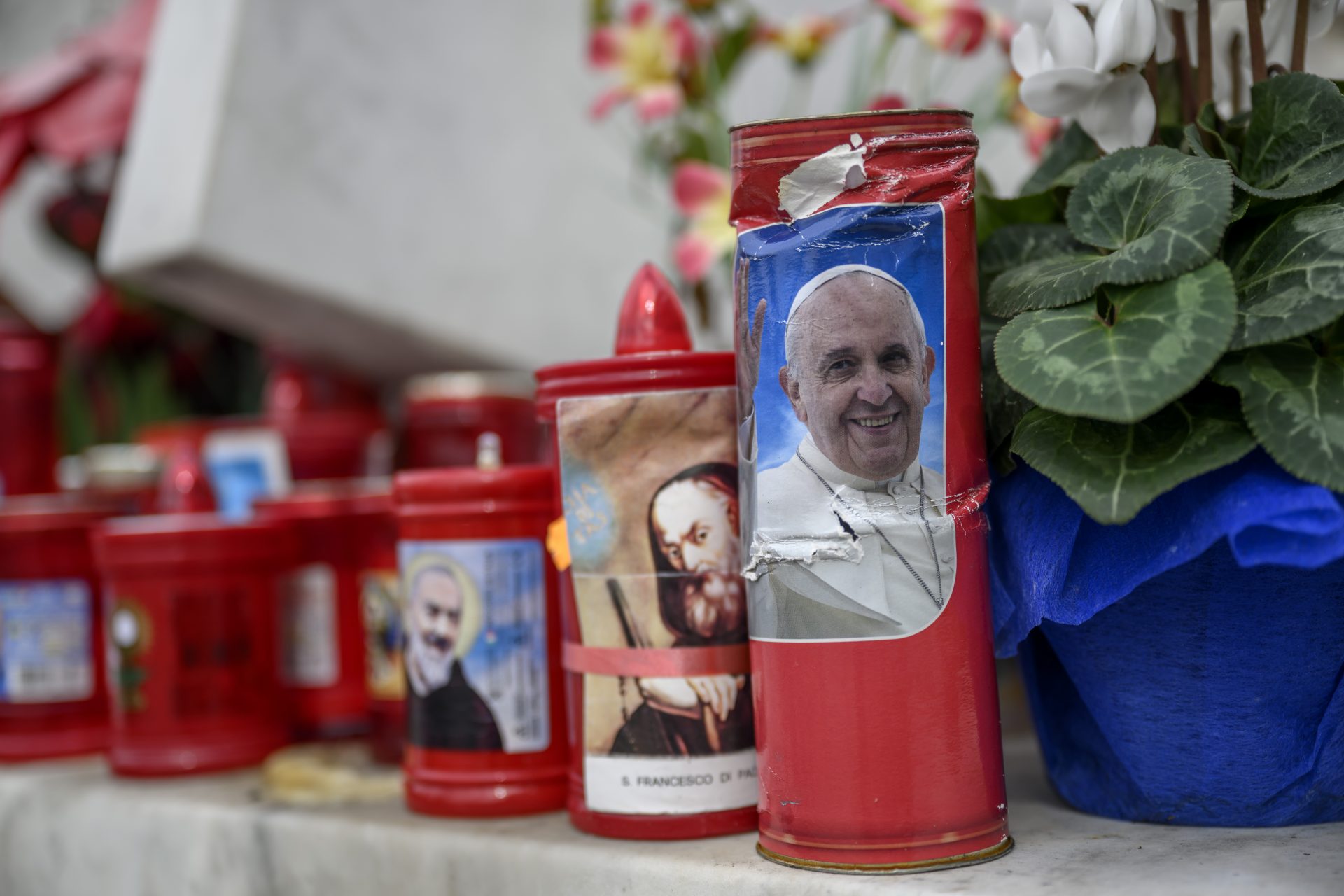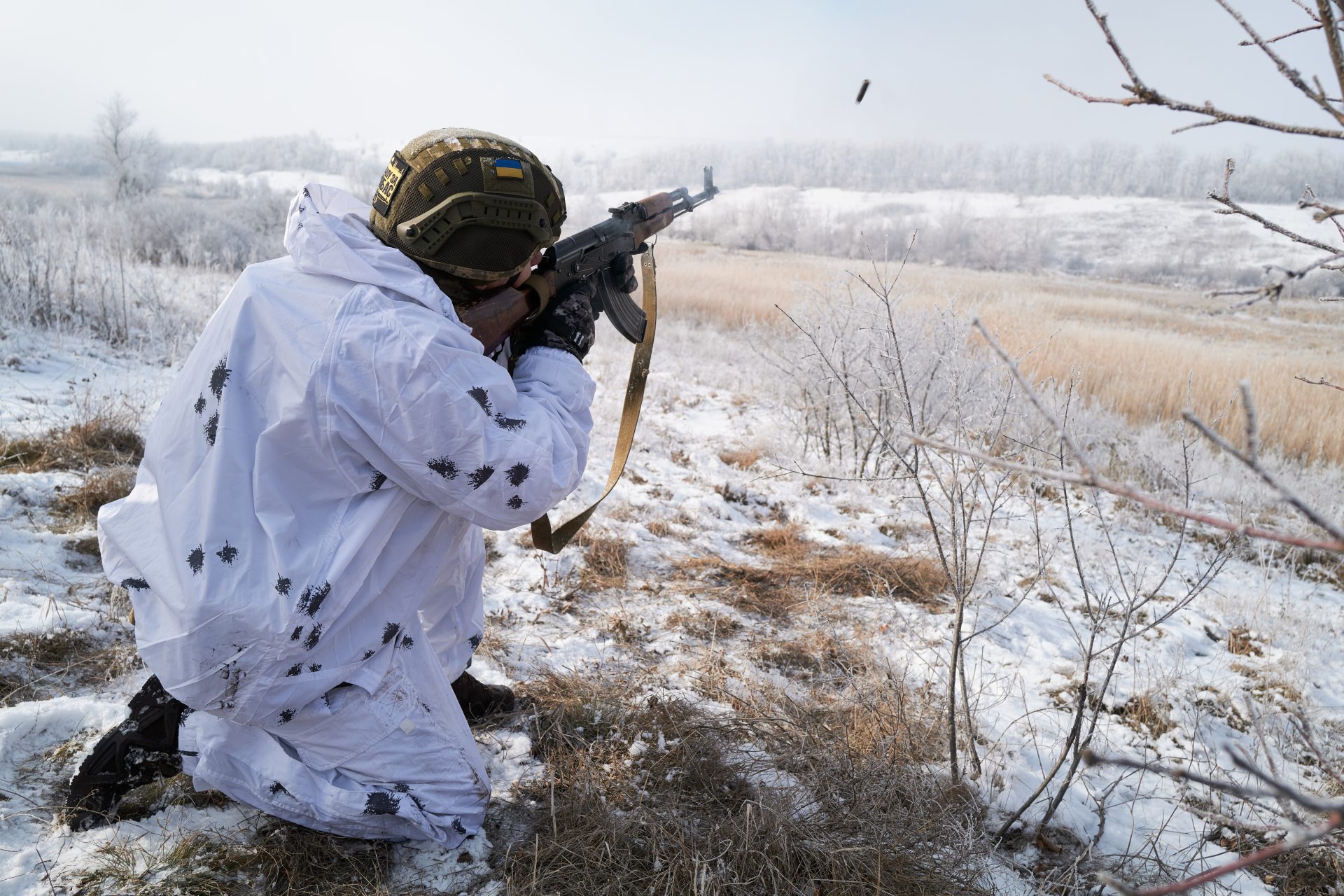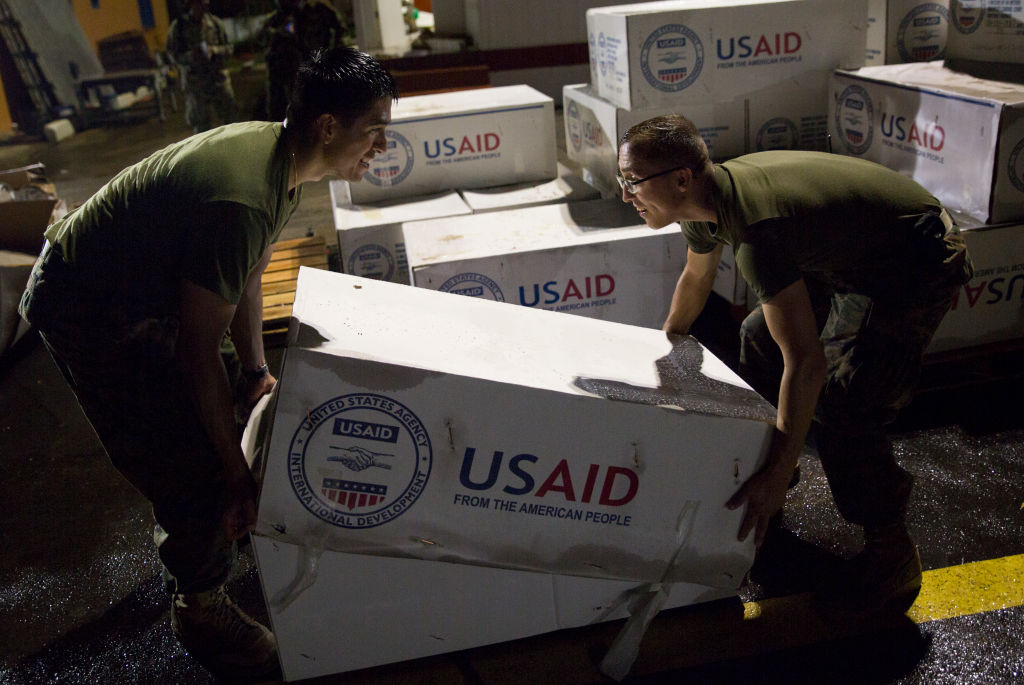Tourists at Blue Lagoon in Iceland evacuated due to volcanic eruption
"Would you be so kind as to leave the hot springs, there's a volcanic eruption and we have to evacuate immediately!" What sounds like an iconic line from a late 1990s sitcom is a reality for the 700 people evacuated from the Blue Lagoon, Iceland's famous hot springs.
The sky lights up in shades of red in southwest Iceland. It has been five weeks since the last volcanic eruption and now another eruption has been reported.
Both Iceland’s world-famous Blue Lagoon and the nearby town of Grindavik were evacuated on March 16 after a volcanic eruption in the country’s Reykjanes Peninsula, Iceland’s public broadcaster RÚV reported.
The eruption, which began in the Sundhnjúkagígar crater north of the town of Grindavík, has formed a huge fissure that has forced extreme measures, the Icelandic Meteorological Office (IMO) reports. “The fissure is about three kilometers long [about 1.9 miles], and runs from Stóra-Skógfell towards Hagafell,” it said.
Photos show the fiery red eruption near the coastal town of Grindavik, visible from the northeastern capital Reykjavik.
According to the Icelandic weather agency, this is the fourth eruption on the Reykjanes Peninsula since October 2023 and the strongest of all. The eruption began in the middle of the night on Saturday, March 16, and quickly formed the aforementioned fissure.
In fact, a good two hours after the eruption began, the lava was already 200 meters from the city of Grindavík and was moving at a speed of 1 km/h, as geophysicist Magnús Tumi Guðmundsson confirmed on RÚV television.
Interestingly, there is no canonical volcano on the Reykjanes Peninsula that produces eruptions, but rather a specific area where lava flows in small, recognizable patterns.
The expert warned that given the evolution of the lava, "it will not be long before it flows over the Grindavíkurvegur road", making an evacuation of the population unavoidable.
Together with local residents, the 700 tourists who were in the Blue Lagoon at the time were evacuated, senior police officer Bjarney Annelsdóttir confirmed to RÚV.
The Blue Lagoon is one of the main tourist attractions in Iceland. Although it was created in 1976, it has the appearance of a natural environment.
It is a hot spring area where the water, which is constantly renewed, is always 39 degrees celsius or 104ºF, as the heat of the magma constantly warms the water while the porous lava rocks filter and purify it.
Of course, if magma is one of the key elements in tourism, there is a risk of relaxing in a natural spa and playing "the ground is lava" in real life.
More for you
Top Stories



